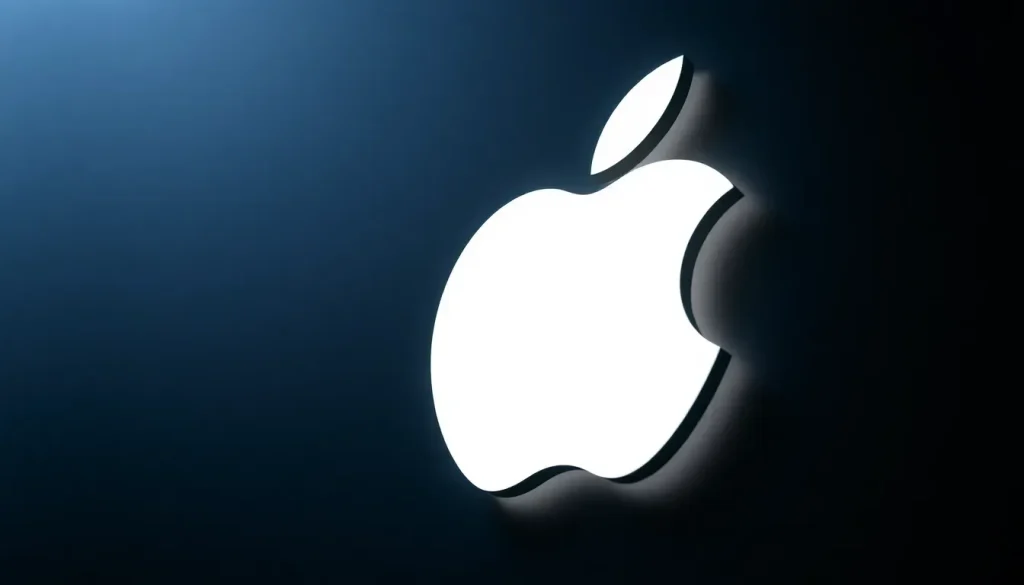Europe responds to Apple complaints, DMA repeal not considered

In a recent clash that underscores the ongoing tension between tech giants and regulatory bodies, Apple has openly criticized the implications of the European Union's Digital Markets Act (DMA). This legislation is designed to foster a more competitive digital marketplace, yet Apple claims that it stifles innovation and poses various risks to user privacy and security. The EU has responded firmly, indicating that there will be no rollback of this pivotal legislation.
The ongoing debate highlights a significant intersection of technology and regulation, where the interests of large corporations and governmental bodies often collide. Understanding the broader context of this dispute is essential, as it may set precedents for future relations between tech companies and legislative frameworks worldwide.
Apple's Stance on the Digital Markets Act
In a detailed statement, Apple outlined its concerns about the DMA, asserting that the legislation not only hampers innovation but also introduces unnecessary security risks. The company argues that it could delay the rollout of new features and services, which could ultimately impact user experience negatively.
Moreover, Apple has called for the repeal of the DMA, suggesting that if such a repeal is not feasible, the implementation of the law should be overseen by an independent European agency rather than the European Commission. The rationale behind this proposal is to minimize any potential political interference in the enforcement of the law.
- Claims of stifled innovation by the DMA.
- Concerns over security risks and user privacy.
- Request for repeal or independent oversight of the DMA.
The European Commission's Response
The European Commission has firmly rejected Apple’s criticisms, reiterating its commitment to enforcing the DMA. Thomas Regnier, a spokesperson for the Commission, emphasized that there is “absolutely no intention” to repeal or modify the legislation. He also noted that the complaints from Apple are not surprising, given the company's history of opposing the DMA since its inception.
This response from the EU highlights a broader regulatory trend, where governments are increasingly taking a stand against large tech companies that they believe may undermine fair competition and consumer rights. The Commission's position reinforces the idea that the DMA is crucial for ensuring a level playing field in the digital economy.
Implications of the Ongoing Dispute
The clash between Apple and the European Commission may have broader implications not just for the tech industry but also for international relations. As tech companies like Apple navigate regulatory landscapes in different regions, their responses to legislation can influence diplomatic relationships.
For instance, this ongoing dispute has the potential to strain relations between the United States and the European Union, particularly as former President Donald Trump has publicly criticized the EU's regulatory stance toward American tech firms. Trump has accused the EU of attempting to extort major players in Silicon Valley, a sentiment that resonates with many in the U.S. tech community.
Potential Consequences for U.S.-EU Relations
The implications of this confrontation may extend beyond legal frameworks into the realm of international diplomacy. If tensions escalate, the U.S. administration might take more drastic measures against the EU’s regulatory efforts, potentially leading to:
- Heightened scrutiny of European regulations affecting American companies.
- Possible retaliatory actions by the U.S. government.
- Increased lobbying efforts by tech companies to influence EU policies.
The stakes are particularly high, as both sides are deeply entrenched in their positions. Apple’s insistence on a repeal or modification of the DMA showcases the delicate balance between fostering innovation and ensuring fair competition within the digital marketplace.
Future of the Digital Markets Act
As the situation unfolds, it will be crucial to monitor how both parties navigate this complex landscape. The European Commission remains steadfast, claiming that compliance with the DMA is mandatory, not optional. This uncompromising stance may lead to further confrontations, particularly as other tech companies begin to voice their opinions on the matter.
In an era where digital interactions are becoming increasingly significant, the outcome of this debate could set a crucial precedent for how digital markets are regulated globally. Both sides must consider the long-term implications of their actions, as the relationship between regulatory frameworks and tech innovation continues to evolve.
For those interested in the broader impact of such regulatory actions, here is an insightful video that discusses the implications of the DMA and its potential effects on major tech players, including Apple:
As this ongoing dispute continues to evolve, it will be essential for stakeholders in both the tech and regulatory realms to engage in open dialogue to seek solutions that balance innovation with consumer protection and fair competition.




Leave a Reply